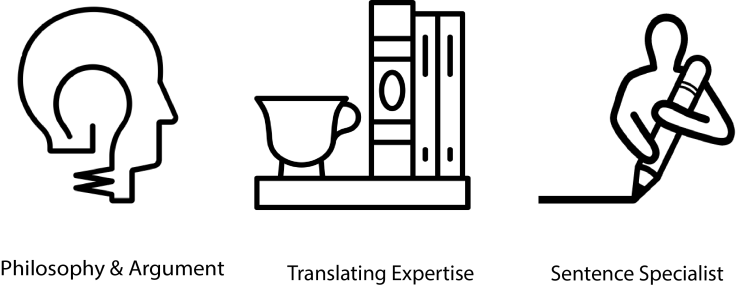"Knowing what you're trying to say is always important. But knowing what you've actually said is crucial." -Veryln Klinkenborg
Academic and Nonfiction Editing
Editing Services
Get started with an introductory package to discover the value of detailed, sentence-level feedback from a careful reader. Then work with me to design the custom editing services you need at this stage of your writing. I work with first drafts and fifteenth drafts, articles and book manuscripts, abstracts, research statements, and proposals.
About Writing is Thinking

The Writing is Thinking Philosophy
“Writing is Thinking” is a philosophical approach to academic and nonfiction writing, based on the work of Verlyn Klinkenborg and Toril Moi. They teach us to tend to our sentences. They show us how this work is fundamental to thinking
Read moreMy specialities
I have a PhD in philosophy and six years of experience working with scholars across the humanities. I want to help you tailor your writing to reach your intended audiences, whether your audience is colleagues, journal editors, students, or the general public.


